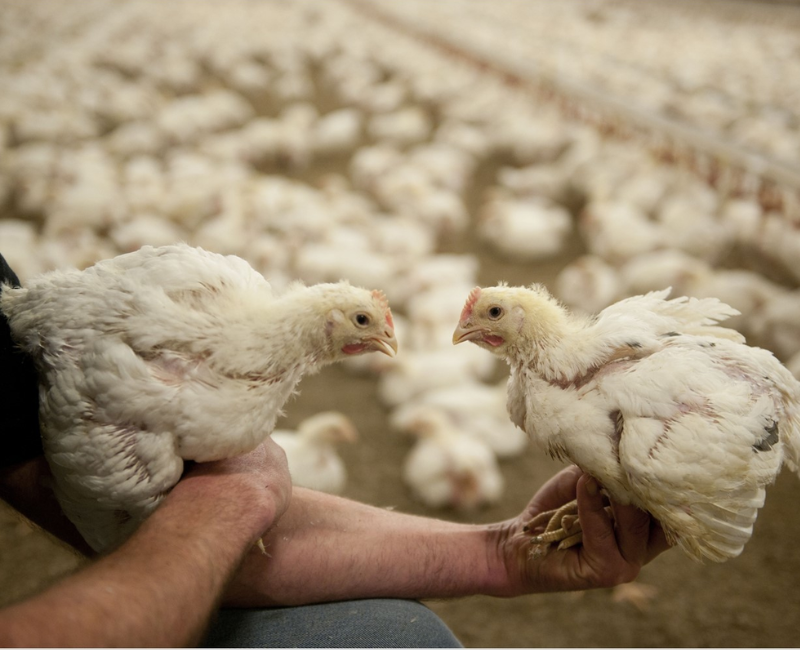
Sustainable coccidiosis control implications based on susceptibility of European Eimeria field isolates to narasin + nicarbazin from farms using anticoccidial medication or coccidial vaccines
- Author(s): M. Glorieux, L.J. Newman, Y. -T. Wang, P. De Herdt, J. Hautekeur, Maarten De Gussem, I. Christiaens, J. Verbeke
- Published in: Journal of Applied Poultry Research
- Year of publication: 2022
Twenty-seven Eimeria spp. field isolates from 10 European countries were examined for sensitivity to the anticoccidial combination narasin + nicarbazin.
Twenty-three of the samples were collected from farms using anticoccidial medication programs, and 4 of the samples were collected from farms using coccidiosis vaccination as the exclusive coccidiosis control method. Ninety-five percent of the isolates collected from farms using in-feed anticoccidial medication demonstrated poor sensitivity to narasin + nicarbazin.
By contrast, 100% of the isolates collected from the coccidiosis vaccinated farms demonstrated good sensitivity, with a highly significant reduction in oocyst output when the isolates from the vaccinated farms were fed narasin + nicarbazin.
As sensitivity of in-feed anticoccidials declines, a combination of the use of vaccine and anticoccidial strategies may be required for sustainable coccidiosis control.

